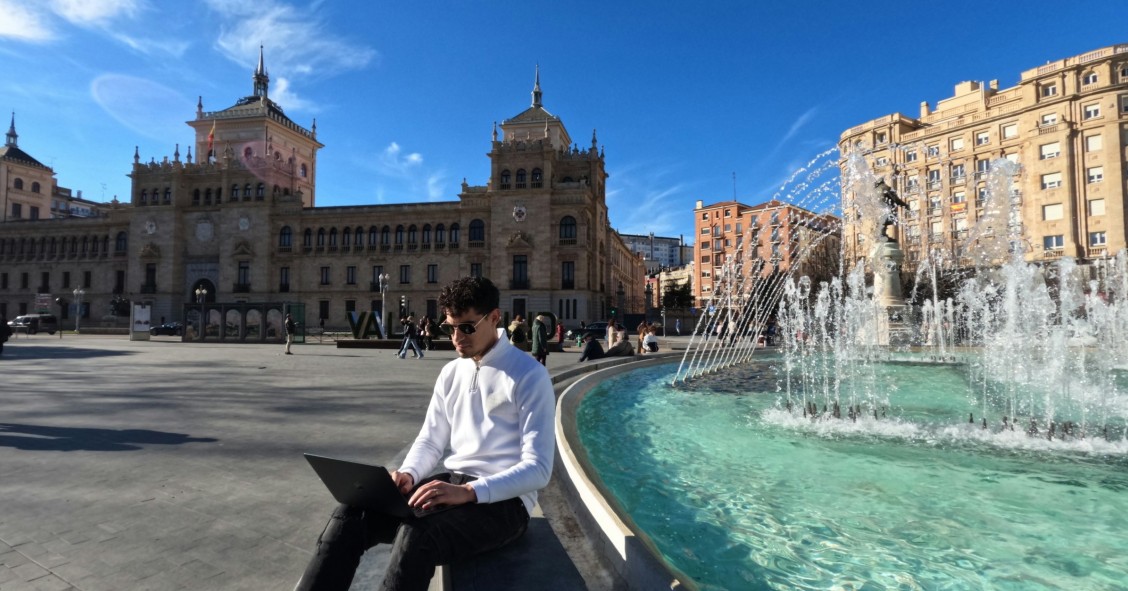
In a nutshell, the Digital Nomad Visa (DNV, going forward) introduces great tax breaks (for both employers and employees), streamlines the visa procedure (reducing waiting times), it allows for greater freedom, and most fundamentally reduces the admin control on applicants
This visa is tailor made for high achievers enticing them with one-of-a-kind tax breaks. Frankly, it doesn’t get any better than this.
It’s no secret the expectation for the approval of this visa is through the roof. It is hands down the most anticipated visa. For the avoidance of doubt, the DNV is in its last stages of approval, so it is still a draft bill. We expect it to be passed over the next months. Personally, I believe the DNV will in time become the second most sought-after visa following the coveted Golden Visa.
I collate below in bullet points its main advantages and requirements, but with the caveat that some of the highlighted points below may yet be modified by lawmakers on being enacted.
Main advantages
- Five-year residency permit. Initially on a one-year application, followed by two-year renewals up to a total of 5 years. The visa extends to the family of the main applicant.
- It allows you to work in Spain remotely. Moreover, it encourages you to work in Spain, specifically remotely with your laptop (or desktop if you happen to be a dinosaur like me). Unlike other Spanish residency permits (i.e. Non-Lucrative Visa which bans you from working in Spain, even remotely) this visa actively promotes you working in Spain (remotely).
- Tax breaks for the foreign employer (if it has an establishment in Spain).
- Tax breaks for the employee (DNV applicant). This is the core advantage. It basically applies a privileged non-domiciled tax scheme to visa holders that allows them to pay a flat tax rate of only 15% on the first €600,000 of gross annual earnings over a five-year period. Over and above said threshold, they are taxed at the standard top marginal rate of 47%. This greatly empowers digital nomad visa holders to legally circumvent the standard IRPF tax sliding scale that applies to the rest of us punters who are tax resident in Spain. Ah yes, so much for equality.
- The legal limitation to benefit from the non-dom tax scheme of 5 years is waived and extended up to 10 years.
- The standard limitation of not having being resident in Spain over the previous 10 years is reduced to only 5 years.
Requirements
- You need to prove you are hired by a foreign company. This is the core requirement. I.e. a freelance IT artist with a contract.
- You need to prove you have formal academic qualifications (i.e. 3-year university degree).
- You need to prove you have at least 3 years of work experience.
In conclusion
The Digital Nomad Visa addresses a gap for high-end professionals that wish to relocate to Spain, alone or with their families, and enjoy all the country has to offer, including ultra-low taxes, regardless of where they settle down in Spain.
In effect, you get the best of both worlds; you get to enjoy all the perks of being resident in Spain albeit you are fiscally treated as a non-resident, paying (significantly) fewer taxes. In my book, that’s a win-win.
Once approved, our law firm will offer this visa service: Digital Nomad Visa
At Larrain Nesbitt Abogados we have over 20 years’ experience buying, selling, and renting properties. We are also specialized in taxation, immigration & residency visas. You can contact us by e-mail at info@larrainnesbitt.com, by telephone on (+34) 952 19 22 88, or by completing our contact form to book an appointment.
Larraín Nesbitt Abogados, small on fees, BIG on service.
2022 © Raymundo Larraín Nesbitt. All Rights Reserved.






